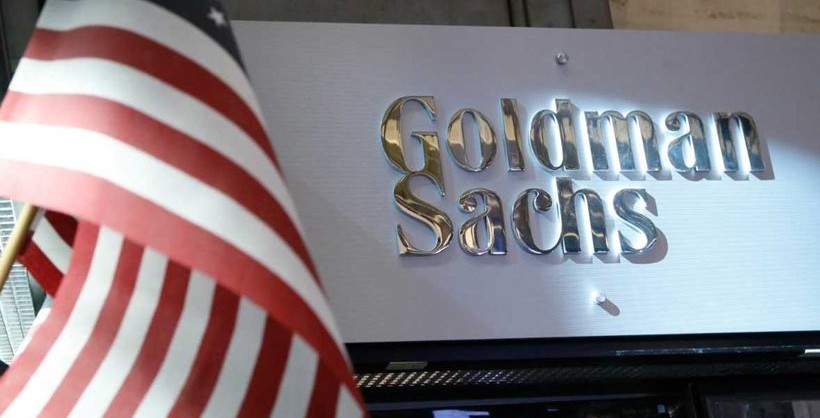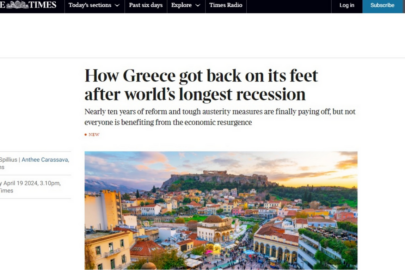In its daily report issued on Friday morning, Goldman Sachs underlined that if leftist SYRIZA party emerges as the winner in the elections on Sunday, it will be under extreme pressure due to the increased risk of default faced by Greece in 2015.
Focusing on the successor of current Finance Minister Gikas Hardouvelis, GS argues that the qualifications of the person to fill the post could set the tone of negotiations. A knowledgeable person who holds moderate views and seeks to avoid conflict could ensure a long and uneventful negotiation with the troika, Goldman Sachs opines.
In any case, Greece needs international lenders’ funding in order to avoid a Cyprus-style bank shutdown, the reports notes.
Read below the excerpt that refers to the default and to Cyprus:
An agreement with the Troika is necessary to avoid a Cyprus-style bank shutdown
Greece requires official sector funding to meet its obligations in 2015 (see: Global Market Views: From GRecovery to GRelapse?) – somewhere between EUR6bn and EUR15bn, depending on economic assumptions. Without that funding, a potential default would ensue. The two main parties at risk are the IMF (EUR8.6bn maturing in 2015) and the ECB (about EUR7bn maturing).
Should Greece default on official lenders (and the ECB in particular), the most likely and major repercussion is that the ECB would likely limit its exposure vis a vis the Bank of Greece. This implies that the ECB would no longer provide cash to Greek banks to withstand fresh withdrawals of deposits. This can happen if the ECB refuses to extend further emergency liquidity assistance via the ELA (the relevant emergency liquidity assistance facility). In such an event, the domestic economy would contract under cash withdrawal limitations and Cyprus-style capital controls. At the same time, the export economy would also shrink as letters of export credit by Greek banks would not be accepted in the global banking system and transactions would be cash settled (a phenomenon witnessed during the 2011 – 2012 crisis).
To avert such a negative outcome for the Greek economy and for Greek bonds and stocks, an agreement with the Troika is necessary. Such an agreement would be reasonably straightforward under a New Democracy led administration, given their election commitments.
In contrast, Syriza has pledged to pursue an alternative economic plan, which is at odds with the program framework of the last four years.





































